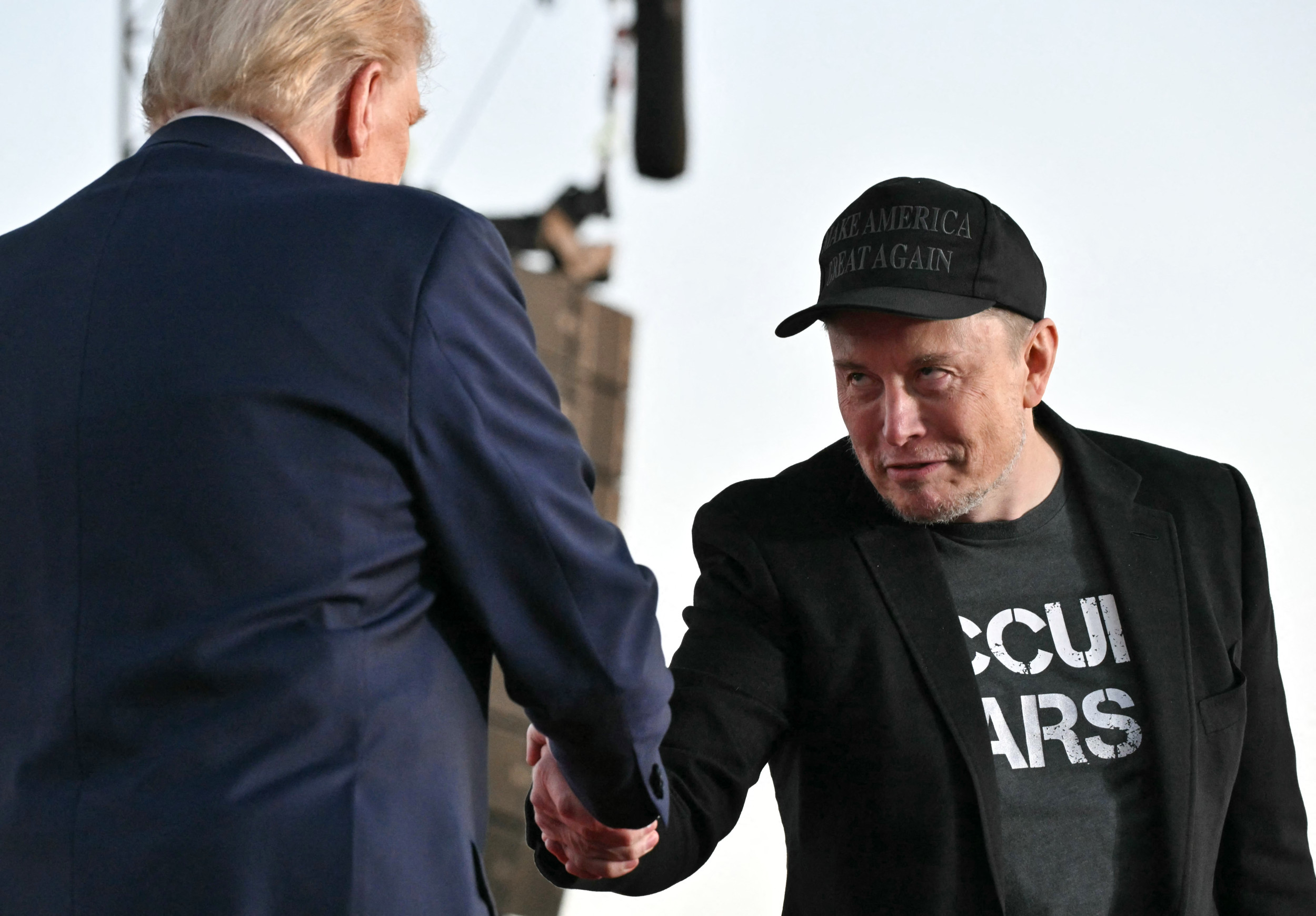Legal experts are discussing the recent warning from the Department of Justice (DOJ) to billionaire Elon Musk regarding his $1 million lottery for voters signing a petition during the presidential election. The rewards are part of Musk’s endorsement for former President Donald Trump and his initiative through the “America” super PAC, which is available only to voters in key battleground states like Pennsylvania, Michigan, and Arizona.
Musk has been giving away $1 million daily to one registered voter who signs a petition supporting the First and Second Amendments. However, a CNN report revealed that the DOJ’s public integrity section sent a letter to Musk’s super PAC, suggesting that this prize program could violate federal election laws that prohibit monetary incentives for registering or voting.
Defending his initiative, Musk argued that entry isn’t restricted to any political affiliation and that participants don’t actually need to vote, although only registered voters from swing states can enter.

JIM WATSON/AFP
Legal analysts highlight the nuances, with some stating that while federal law prevents paying individuals to vote or register, Musk’s approach seems to tread in a legal gray area—rewarding random participants instead of directly compensating them for voting.
One analyst, Aronberg, suggested that although the DOJ warning may not deter Musk, it’s unlikely to result in criminal charges as the situation lacks clear violations of the law. Another legal expert, Rahmani, mentioned that while paying someone to sign a petition might raise questions, it’s not outright illegal unless it’s used to effectively bribe participants.
Meanwhile, law professor David Driesen criticized the DOJ’s vague warning, asserting that Musk’s actions could undermine democratic processes. He urged the agency to take a firmer stance and consider criminal investigations if Musk continues this program. However, he predicted that any potential legal consequences might lean more towards civil enforcement rather than criminal prosecution.
In addition to the grand prize, Musk’s super PAC also offers incentives for current petition signers to recruit others—a payment of $47 for each registered voter referred, which increases to $100 in Pennsylvania. This is especially significant as polls indicate a tight race between Trump and Vice President Kamala Harris with the election fast approaching.
A YouGov poll revealed that a substantial 62% of Americans believe it should be illegal to compensate individuals for signing political petitions, while only 17% think it should be permitted.
